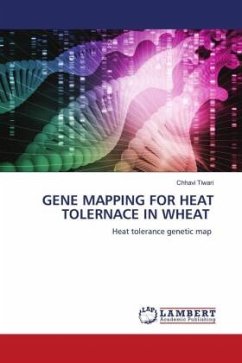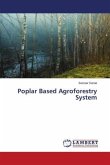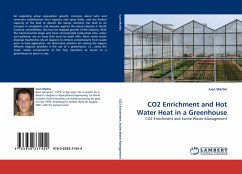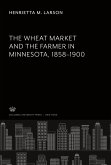The information regarding the genetic basis of heat tolerance is scarce, though the use of traditional plant breeding protocols and contemporary molecular biological techniques, including molecular marker technology and genetic transformation, have resulted in genetic characterization and/or development of plants with improved heat tolerance. In particular, the application of quantitative trait loci (QTL) mapping has contributed to a better understanding of the genetic relationship among tolerances to different stresses. Although wheat varieties showing improved yield stability under heat stress have been identified, the quantitative nature of heat tolerance and unpredictability of heat stress in the field makes it particularly difficult for breeders to effectively select for the trait and therefore breeding for heat tolerance needs intensive and enhanced efforts.
Bitte wählen Sie Ihr Anliegen aus.
Rechnungen
Retourenschein anfordern
Bestellstatus
Storno








